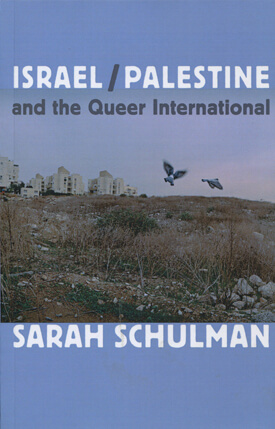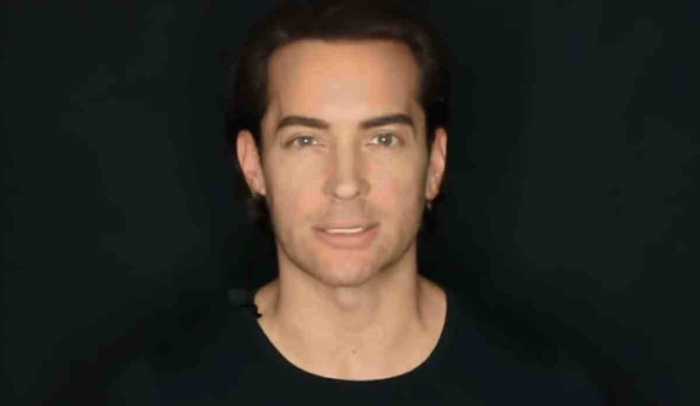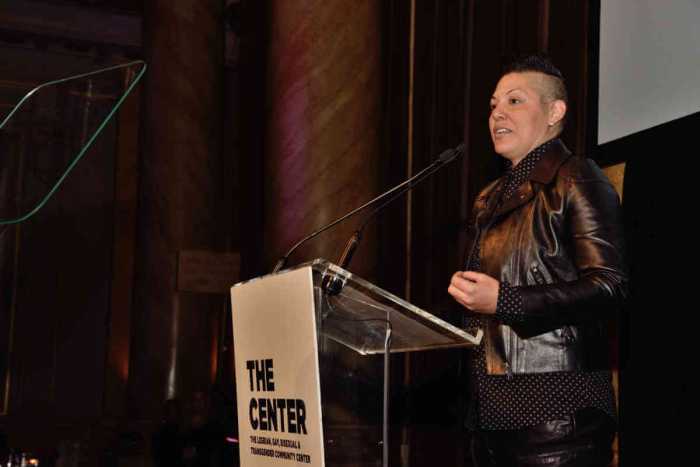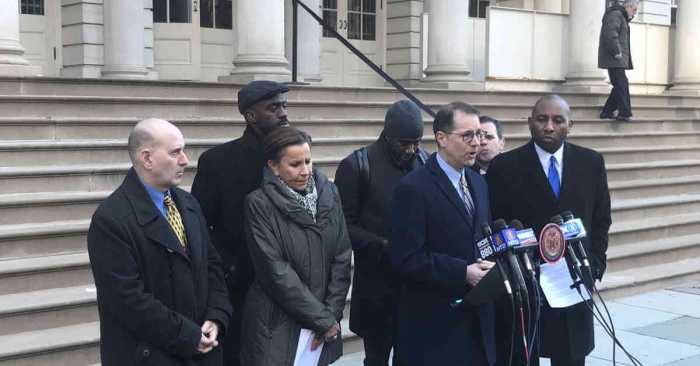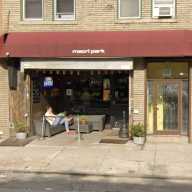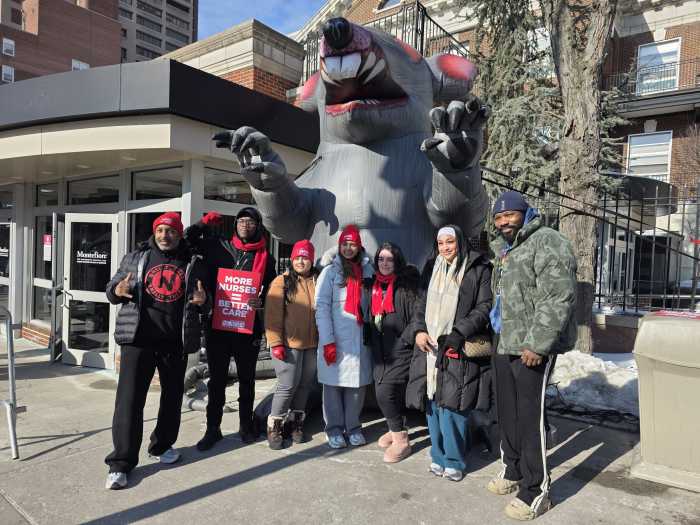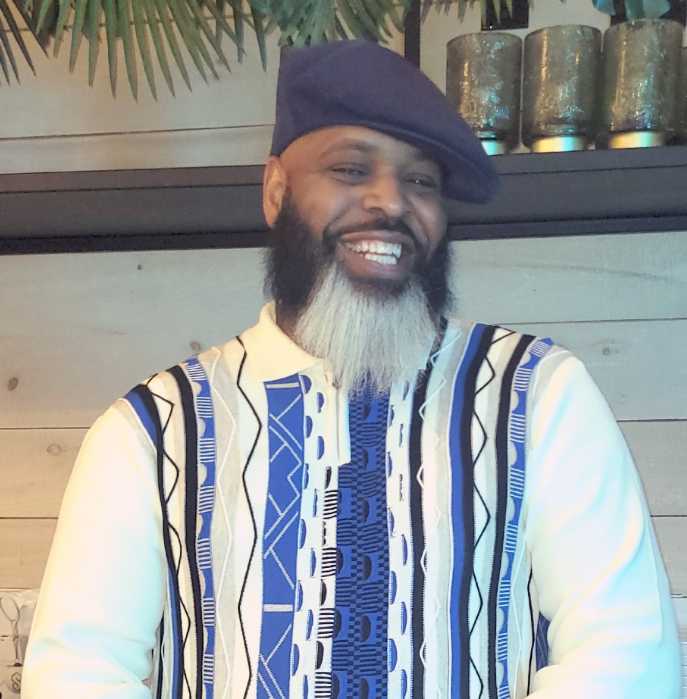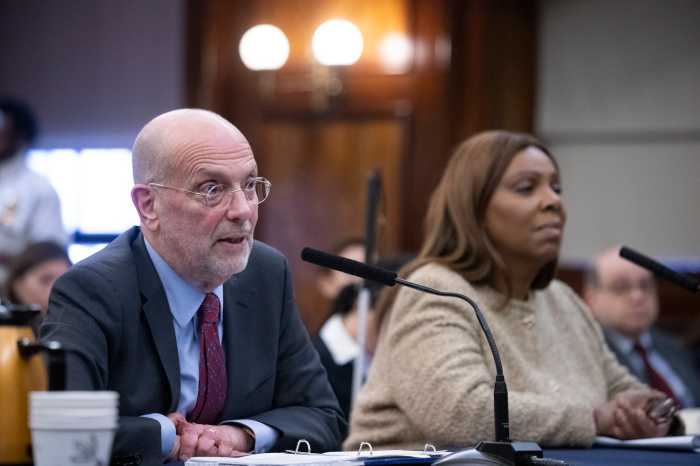Sarah Schulman has been a leading lesbian playwright, novelist, and scholar in New York for the past three decades. | DUKE UNIVERSITY PRESS
A leading queer community author was barred from an appearance at the Lesbian, Gay, Bisexual and Transgender Community Center apparently because the book she was to discuss deals with the Israeli-Palestinian conflict.
“We requested space for me to do a presentation of my new book ‘Israel/ Palestine and the Queer International,’ which has gotten a good review in the Lambda Literary Review,” wrote Sarah Schulman in a February 11 email. “It is amazing to me that after all my work in the community, I could be refused a platform to present a queer book.”
Schulman has published 17 books and is a leading progressive voice in the queer community. She holds the title of distinguished professor in the City University of New York (CUNY) system and has received multiple awards and fellowships.
Lesbian playwright, novelist, scholar’s book on Israel and Palestine runs afoul of “indefinite moratorium”
On January 23, John Francis Mulligan, a member of Queers Against Israeli Apartheid (QAIA), a group that opposes Israeli government policy on Palestine, applied to rent space for a March event featuring Schulman reading from her book.
The reading was to coincide with Israeli Apartheid Week, a series of events that organizers say will discuss Israel’s “apartheid policies” toward Palestinians and promote the Boycott, Divestment, and Sanctions movement against Israel.
In a January 25 email, a Center staffer told Mulligan “We are unable to accommodate your request.” In later emails, Mulligan twice asked for an explanation for the refusal and was referred to the Center’s published room rental policy.
In 2010, the Center rented space to the Siege Busters Working Group, an organization that was challenging the Israeli naval blockade of the Gaza Strip. In early 2011, Siege Busters sought space at the Center for a party to coincide with that year’s Israeli Apartheid Week. The group was denied space for the party and banned from the Center following complaints.
DUKE UNIVERSITY PRESS
Siege Busters was banned because the party was “an incredibly controversial and contentious event” and “it was not LGBT-focused,” Glennda Testone, the Center’s executive director, said at a 2011 town hall meeting. Siege Busters and QAIA have members in common.
Following that ban, the Center permitted QAIA to rent space for three meetings, but abruptly banned that group after the first of them. The Center also announced an “indefinite moratorium” on renting to groups that “organize around the Israeli-Palestinian conflict.” The moratorium is still in effect.
“We were particularly intent on inviting Sarah for a number of reasons,” said Pauline Park, a QAIA member. “She is a particularly well known author, activist, and academic in the community, a Jewish lesbian, and the Center’s refusal to rent room space to have her speak is not only an insult to Sarah Schulman, it is an insult to the community.”
In a direct challenge to the ban, QAIA held unsanctioned meetings in the Center’s lobby for several months in 2011. The continuing ban is in marked contrast to a similar fight at Brooklyn College.
February 7 appearances at the college, which is part of the CUNY system, by Judith Butler, a professor at the University of California at Berkeley, and activist Omar Barghouti to advance the Boycott, Divestment, and Sanctions movement drew protests and threats by some members of the City Council to cut the college’s funding. The school refused to back down and the event went forward.
In 2011, the Center, which declined to comment on the Schulman matter beyond confirming that the moratorium remains in place, said that it instituted the ban because it was “forced to divert significant resources from its primary purpose of providing programming and services to instead navigating between opposing positions involving the Middle East conflict.”
At the 2011 town hall, Testone said she initially heard from 50 to 60 people who either opposed or supported Siege Busters and that “hundreds” more have expressed their views to the Center.
The loudest voice opposing Siege Busters was Michael Lucas, the owner of Lucas Entertainment, a gay porn studio. He threatened to organize a boycott by Center donors if the party took place.
Stuart Appelbaum, the openly gay president of the Retail, Wholesale and Department Store Union, and Steven Goldstein, who chaired Garden State Equality, New Jersey’s gay lobbying group, until this year, also opposed the Siege Busters’ event.

